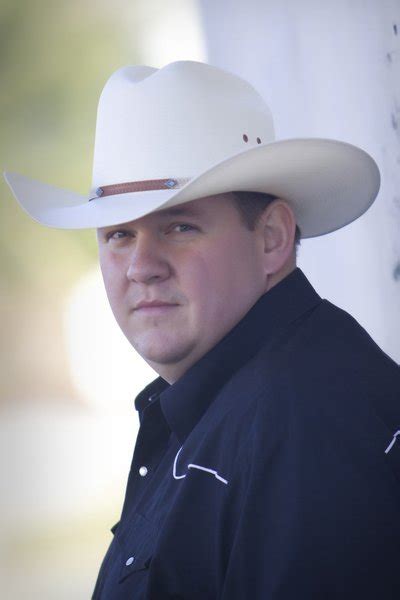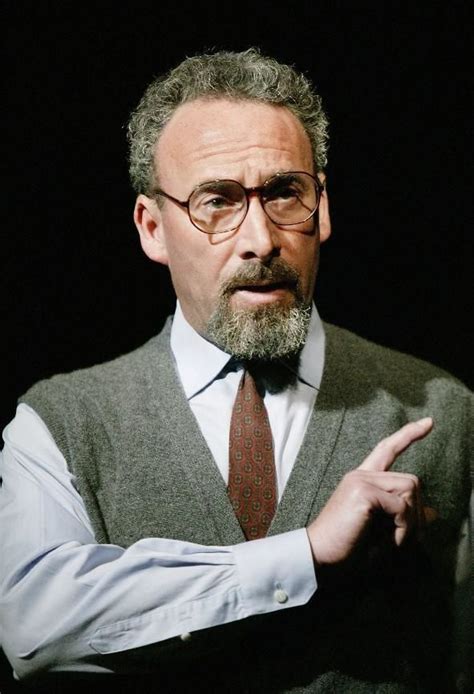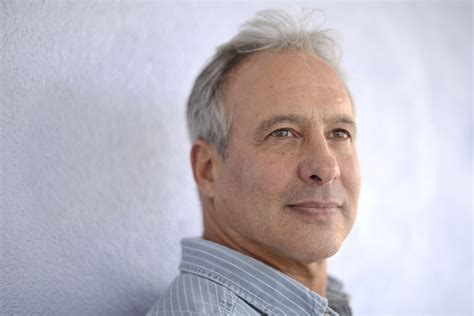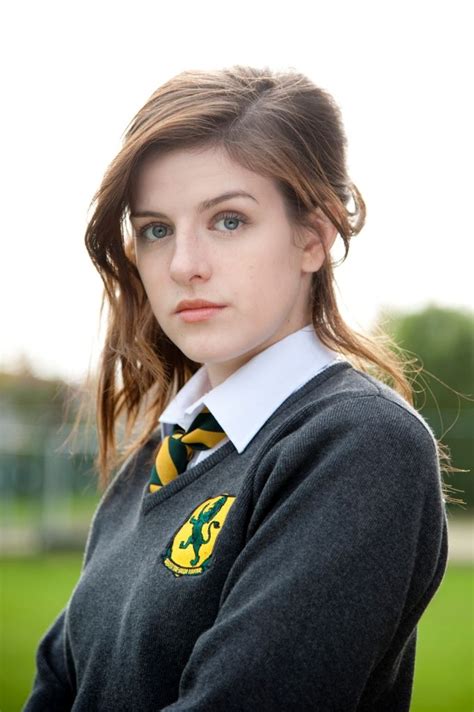A Quote by Cole Sprouse
Y'know, I think, inherently, when you hear something like a teenage narrative come into play, even the idea that it's being called 'teenage' is a notion that it's being reduced to a problem that's not quite adult. That's a problematic thing to say about a narrative that could actually be dangerous, could be hurtful, could be upsetting.
Related Quotes
Abstraction didn't have to be limited to a kind of rectilinear geometry or even a simple curve geometry. It could have a geometry that had a narrative impact. In other words, you could tell a story with the shapes. It wouldn't be a literal story, but the shapes and the interaction of the shapes and colors would give you a narrative sense. You could have a sense of an abstract piece flowing along and being part of an action or activity. That sort of turned me on.
I don't feel one could even remotely touch the idea of intimidating others, but because I've understood the other side of the experience, I will occasionally, if I smell that could even be in the air for a few minutes, say to the director, "Please, you must tell me anything you want. Please say all the things you think might be terribly hurtful like, 'That was boring.'"
People ask me: ‘What is punk? How do you define punk?' Here's how I define punk: It's a free space. It could be called jazz. It could be called hip-hop. It could be called blues, or rock, or beat. It could be called techno. It's just a new idea. For me, it was punk rock. That was my entrance to this idea of the new ideas being able to be presented in an environment that wasn't being dictated by a profit motive.
There's some ambient music that doesn't do anything. I wouldn't say that that's narrative. It is narrative in that it creates a sort of world where nothing happens, where really nothing happens, so you become a different person after hearing eight minutes of exactly the same thing. Yes, I hear music all the time in which one idea is strung together to another idea, and I feel that such music is non-narrative.
Have you ever felt a potential love for someone? Like, you don't actually love them and you know you don't, but you know you could. You realise that you could easily fall in love with them. It's almost like the bud of a flower, ready to blossom but it's just not quite there yet. And you like them a lot, you really do. You think about them often, but you don't love them. You could, though. You know you could.
Writing, to me, is like kayaking a river. You are paddling down, and you come to a walled-off canyon, and you make a sharp turn, and you don't know what's around the corner. It could be a waterfall, it could be a big pool. The narrative current carries you. You're surprised, and you're thrilled, and sometimes you're terrified.
A lot of the problems of parenthood are universal. Yes, it's harder being younger and growing up yourself, but all those anxieties and problems are going to be faced by anyone at any age. When people hear about teenage parents and teenage pregnancy, they attribute a lot of personality traits to those individuals, which is just such a bizarre thing when you really think about it. Like, how does age and circumstance equate to some kind of personality trait?
Often for me, if I hear a song I know, it clicks for me and I hear it in a different way and I think, "I could sing that song. I've got something to say about that song. Wanting to connect with an audience and wanting them to rethink songs; it is actually important to do songs they're familiar with. Also, I love those songs. In a way, I think I've changed people's perceptions of what a cabaret show like this could be.
All we are asking for is balance. I would like to think that I could walk into a public library and find not only works by Gloria Steinem but also those of Phyllis Schlafly. I would like to think a teenager could be taught in sex education that a serious alternative to abortion is teenage abstinence, or should pregnancy occur, that adoption might be preferable. I am not trying, as the ad says, to shove religion down anyone's throat. But I do think everyone has a right, and that the Christian voice is being chocked off.
For queer people, the personal is very political, just to talk about it in a public space. It's very political just to come out and take up that space and be like, 'This is my narrative. It's not an outsider narrative, and it's not a fetish narrative; it's just my story, and it's worth being told and listened to.'



































